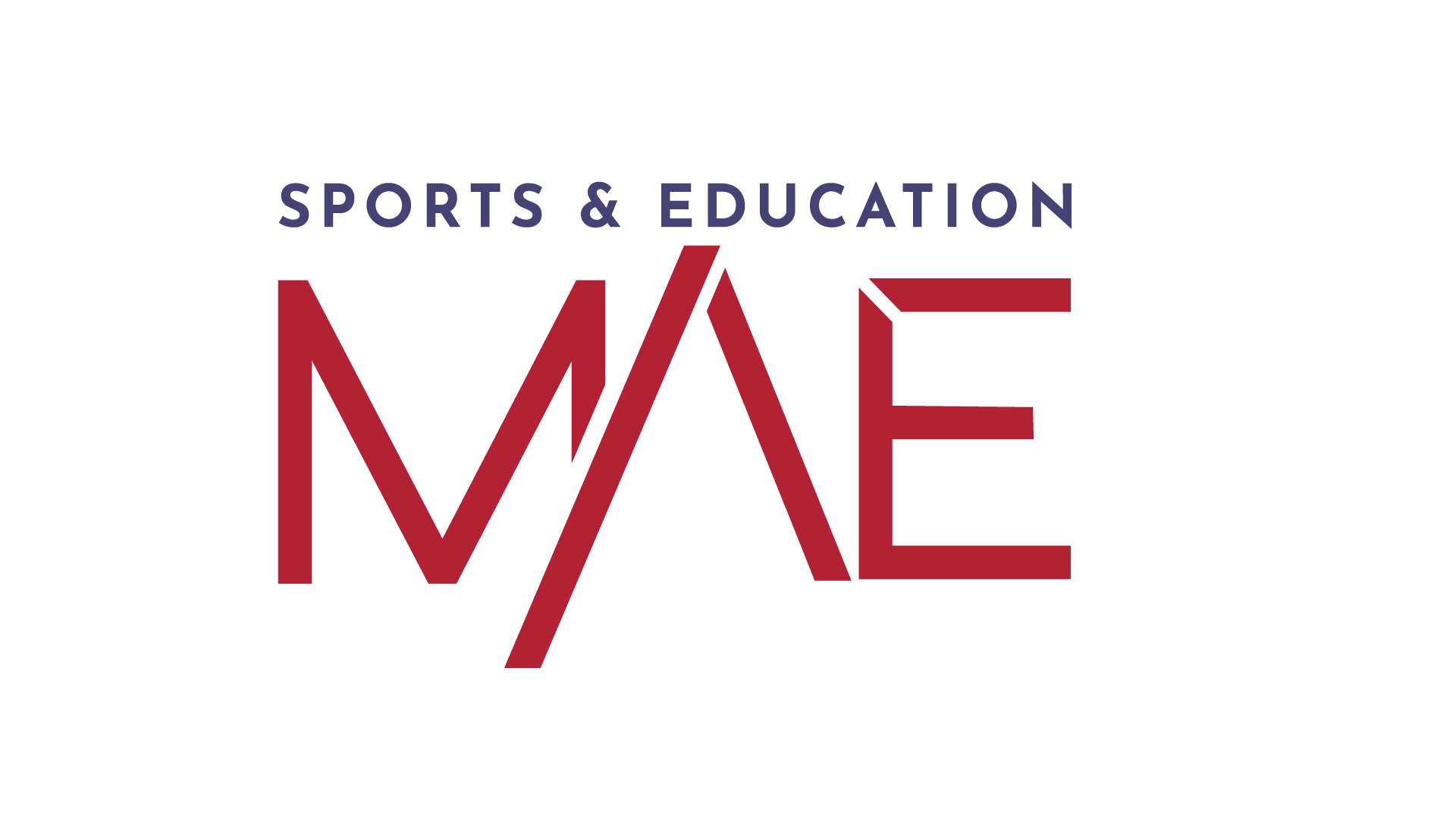Know the differences between NCAA, NAIA and NJCAA
If you are looking to get an athletic scholarship in the United States and don’t know which league to apply for, this post is written for you. The major organizations that offer athletic scholarships are the NCAA, NAIA and NJCAA. Here are the main differences between these organizations and how to know which type of scholarship to go for.
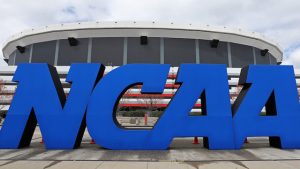

National College Athletics Association (NCAA)
The National College Athletics Association is the most recognized and prestigious athletic organization in the United States. When people think of college sports, the NCAA is the first choice that comes to mind.
Within the NCAA there are three divisions. 1st and 2nd divisions are the only ones that offer sports scholarships. Typically, 1st and 2nd division universities are public and large, while 3rd division universities are usually private and small. However, although athletic scholarships are not available at Division III universities, academic scholarships are available.
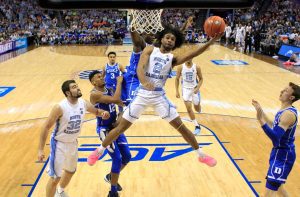

NCAA Division I is very competitive. The eligibility rules for this division are very strict, so most international athletes usually play in the 2nd division. It is also possible to start in the 2nd division and then move up to play in the 1st division.
Here are the main characteristics of the NCAA:
- They are usually large universities
- 281 institutions
- Approximately 450,000 athletes in the NCAA
- Strict regulations on contact between players and coaches
- Very strict requirements to play in 1st division
- Web: ncaa.com
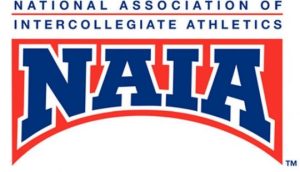

National Association of Intercollegiate Athletics (NAIA)
The National Association of Intercollegiate Athletics is composed of generally smaller, private universities. Both academic and athletic standards are as high as those of the NCAA, but there are fewer rules about requirements for international athletes. This makes the NAIA a good option for international athletes seeking scholarships.
Just because the athletic requirements are less than those of the NCAA does not mean that the NAIA is not competitive. NAIA Division I is equivalent to NCAA Division II.
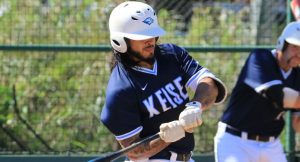

Here are the main features of the NAIA:
- They tend to be smaller, private universities
- 225 institutions
- Large number of international athletes
- Web: naia.org
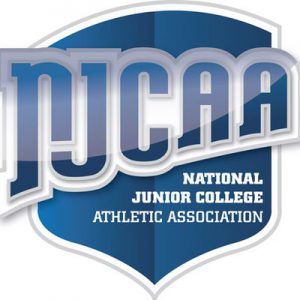

National Junior College Athletic Association (NJCAA)
The National Junior College Athletic Association is considered the smallest of the athletic scholarship associations. It consists of 2-year community colleges.
In the United States, community colleges tend to be small universities and have few (or no) acceptance requirements. Their areas of study tend to be more general. Because they tend to be less expensive, many students start out attending community colleges and then transfer their credits to larger universities.
NJCAA teams do not compete against crowds as large as the NCAA or NAIA, and the facilities are usually not as good. However, athletes should not ignore NJCAA scholarships altogether. These types of universities are a good option for students who have not been accepted to the NCAA or NAIA based on academic grades. These students can do two years of community college in order to raise their grades and later try to qualify for an NCAA or NAIA scholarship. The NJCAA is also a good way for coaches to meet international athletes. Coaches like NJCAA athletes because they demonstrate that they have the dedication and ability to be able to carry out the life of the student-athlete.
And here are the main features of the NJCAA:
- 2-year community colleges
- 525 institutions
- Preliminary step to the NCAA and NAIA
- Few/no academic requirements
- Few eligibility requirements
- Web: njcaa.org
For more information, do not hesitate to contact us at info@maeducationusa.com.
